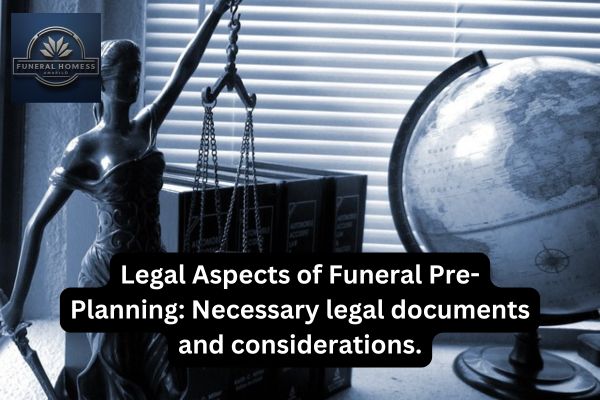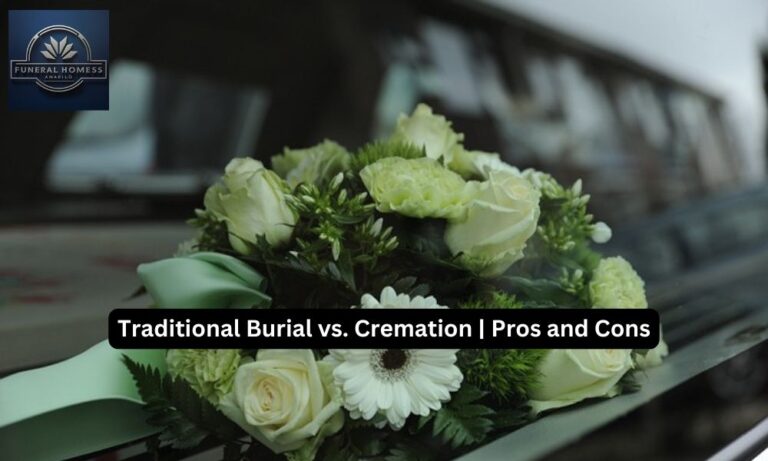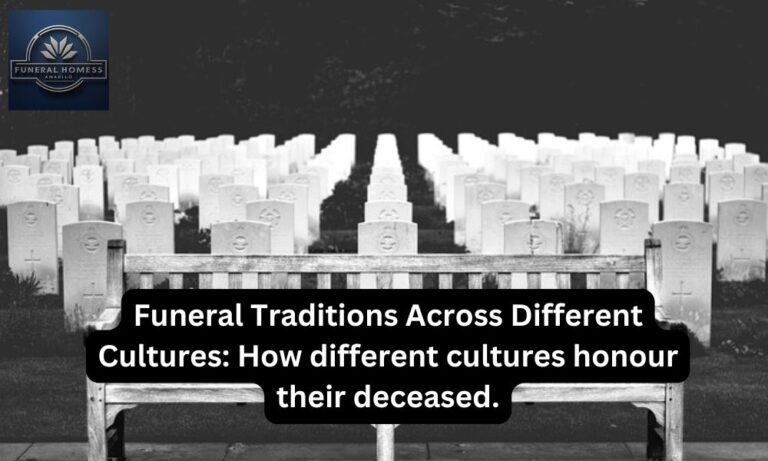Legal Aspects of Funeral Pre-Planning: Necessary legal documents and considerations.
Funeral pre-planning is a thoughtful and practical approach to ensuring that your final wishes are honoured while easing the emotional and financial burden on your loved ones. However, beyond choosing burial plots or selecting caskets, there are critical legal aspects that must be addressed. Proper legal documentation not only solidifies your wishes but also provides legal protection for your family. This article delves into the key legal documents and considerations that are essential for effective funeral pre-planning.
Why is Legal Documentation Essential?
Legal documentation serves as a binding agreement that ensures your funeral arrangements are carried out according to your wishes. Without these documents, your family may face challenges in executing your plans, and your wishes may be overlooked due to a lack of clarity or legal standing. Proper documentation also helps prevent disputes among family members and ensures that your estate is used as intended.
Essential Legal Documents for Funeral Pre-Planning
1. Last Will and Testament
The Last Will and Testament is one of the most important legal documents in funeral pre-planning. In your will, you can outline your funeral wishes, such as the type of service you prefer and whether you want to be buried or cremated. Although the will primarily addresses the distribution of your assets, including your funeral wishes ensures that they are legally recognized and executed by the executor of your estate.
- Consideration: It’s important to communicate your funeral wishes clearly in the will, but also understand that the will may not be read until after the funeral. To avoid this issue, it’s advisable to inform your family or the executor of your funeral preferences in advance.
2. Advance Directive (Living Will)
An Advance Directive, also known as a living will, is a legal document that outlines your preferences for medical care if you become incapacitated. While its primary function is to address end-of-life medical treatment, it can also include specific instructions regarding your funeral arrangements. This ensures that your wishes are known and can be honoured even if you cannot communicate them yourself.
- Consideration: Ensure that your advance directive is up-to-date and that your healthcare proxy is aware of your funeral preferences.
3. Durable Power of Attorney
A Durable Power of Attorney (DPOA) allows you to appoint someone you trust to make decisions on your behalf if you become unable to do so. While a DPOA is generally used for financial and healthcare decisions, it can also be extended to cover funeral arrangements. By designating a trusted individual, you can ensure that your pre-planning arrangements are executed as intended.
- Consideration: Choose someone who understands and respects your funeral wishes and is willing to carry them out as planned.
4. Funeral Planning Declaration
A Funeral Planning Declaration is a specific legal document that allows you to state your funeral preferences explicitly. This document can include details such as the type of service, the funeral home to be used, and whether you prefer burial or cremation. The declaration is legally binding, which means that your family and the funeral director must adhere to your wishes.
- Consideration: This document is particularly useful if you have specific preferences that may differ from traditional family practices. It ensures that your wishes take precedence over family decisions.
5. Pre-Need Funeral Contract
A Pre-Need Funeral Contract is a legally binding agreement between you and a funeral service provider. This contract outlines the specific services you have chosen and locks in the cost at current prices. Pre-need contracts provide peace of mind, knowing that your funeral arrangements are paid for and that your family will not face unexpected expenses.
- Consideration: Carefully review the terms of the contract, including what happens if the funeral home goes out of business or if you move to a different location.
Legal Considerations
1. State Laws and Regulations
Funeral pre-planning laws and regulations vary by state. Some states require specific documents, while others have different requirements for the validity of pre-need contracts or funeral declarations. It’s essential to familiarize yourself with your state’s legal requirements to ensure that your pre-planning documents are valid and enforceable.
- Consideration: Consult with an attorney who specializes in estate planning to ensure that your documents comply with state laws.
2. Updating Legal Documents
As life circumstances change, so too should your legal documents. Major life events such as marriage, divorce, the birth of a child, or the death of a beneficiary may require updates to your will, advance directives, or other pre-planning documents. Regularly reviewing and updating your legal documents ensures that your funeral plans remain relevant and enforceable.
- Consideration: Schedule periodic reviews of your legal documents with your attorney to keep them up to date.
3. Communication with Family Members
While legal documents provide the necessary framework for your funeral plans, clear communication with your family members is equally important. Discussing your wishes with your loved ones can prevent misunderstandings and ensure that everyone is aware of your preferences. It also helps to reduce stress and confusion during an already difficult time.
- Consideration: Have open and honest conversations with your family about your funeral preferences and provide them with copies of relevant legal documents.
The Role of an Estate Planning Attorney
An estate planning attorney plays a crucial role in the funeral pre-planning process. They can guide you through the creation of essential legal documents, ensuring that your wishes are clearly articulated and legally binding. Additionally, an attorney can help you navigate state-specific regulations and update your documents as needed.
- Consideration: Choose an attorney who has experience in estate planning and is familiar with the legal aspects of funeral pre-planning.
Conclusion
Funeral pre-planning is a compassionate and practical way to take control of your final arrangements. However, to ensure that your wishes are honoured and legally protected, it is essential to prepare the necessary legal documents. From a Last Will and Testament to a Funeral Planning Declaration, these documents provide the legal foundation for your pre-planned funeral. By working with an estate planning attorney and maintaining open communication with your family, you can create a comprehensive plan that respects your wishes and provides peace of mind for your loved ones.
For more information on related legal topics, you can refer to the Wikipedia article on Last Will and Testament or the Wikipedia article on Advance Directive.





